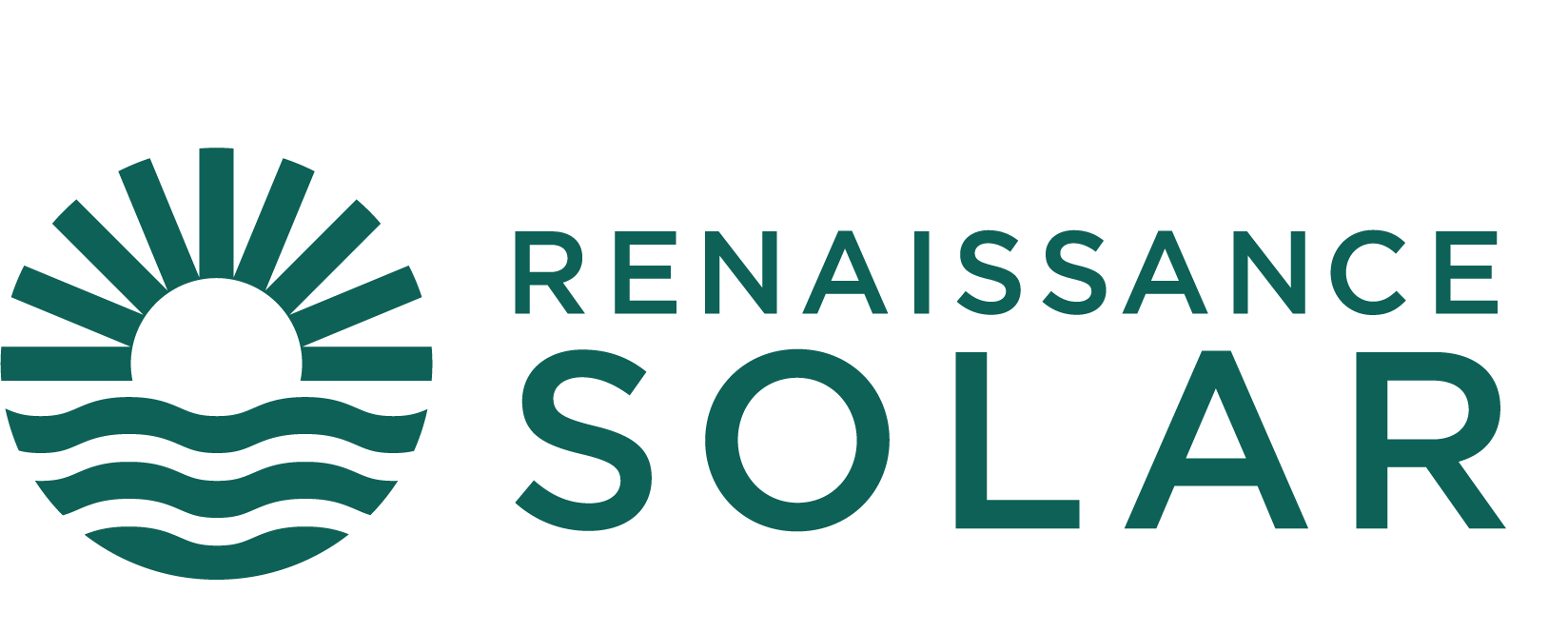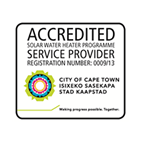Supply and installation of Solar Hot Water Systems, Solar Panels and Inverters, Heat Pumps for Residential and Commercial Applications, and Pool Heat Pumps.
For quality service before, during and after installation
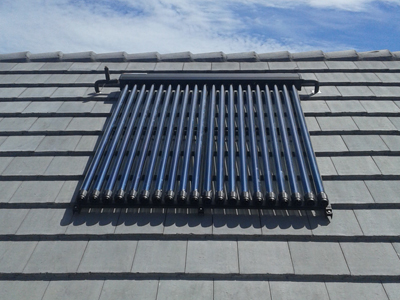
Solar Hot Water Systems
The beauty of solar water heaters lies in their simplicity, and their exceptionally fast return on investment. A solar hot water system installed in a typical 3-4 bedroom home, will typically reduce the energy bill by 30-50% – which for most households means a payback period of under 4 years. Combat rising energy costs with proven and reliable technology, and enjoy free hot water virtually year round.
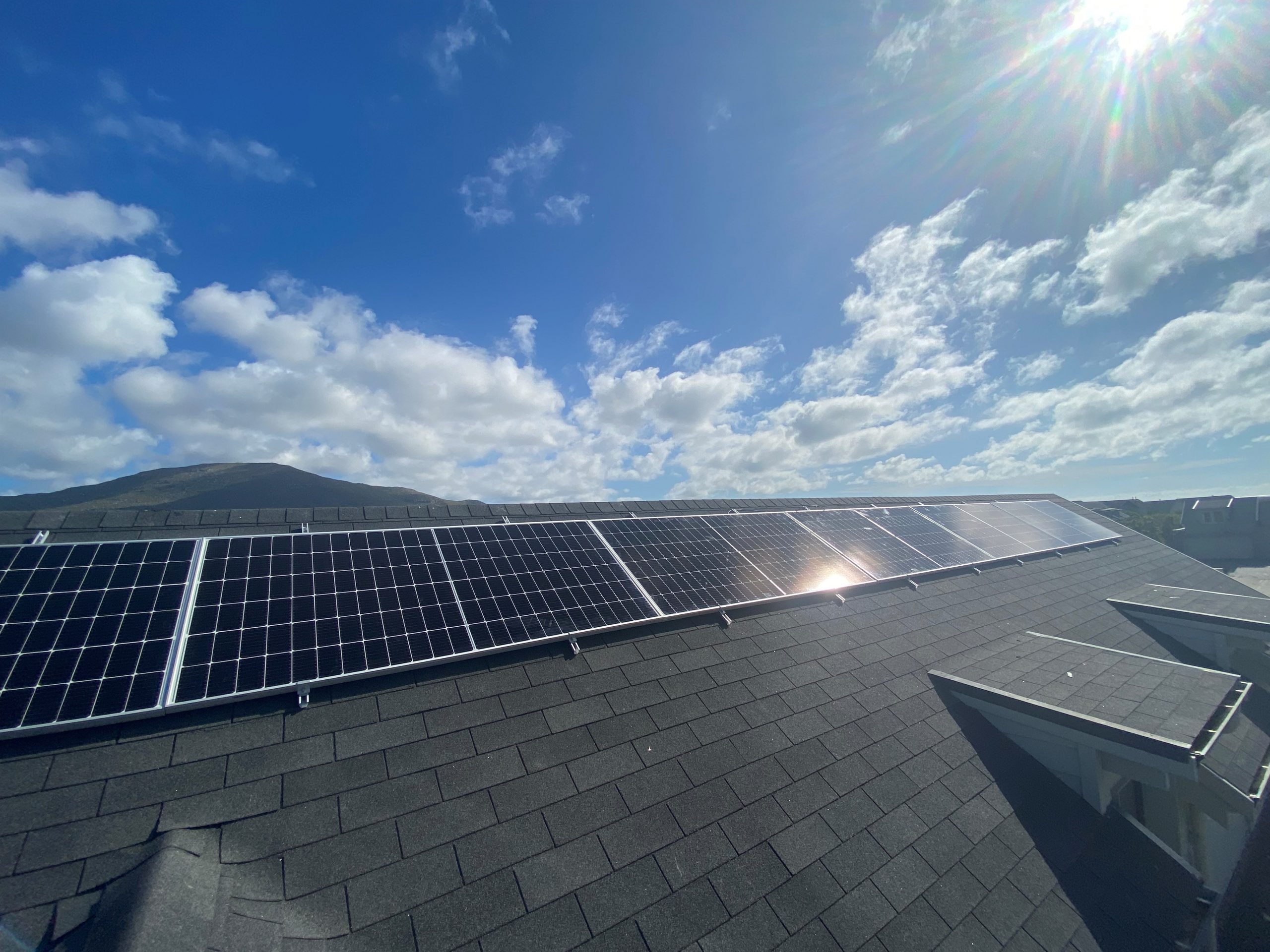
Photovoltaic (PV) Panel Systems
Harness An energy source that is both renewable and inexhaustible by definition. Rapidly rising energy costs, and an unreliable source of grid power in South Africa make investing in Solar Power a logical and sensible move. We install premium brands, installed to the the highest standard, backed by industry 10 year leading warranties, and aftersales service which is unrivalled in the market.
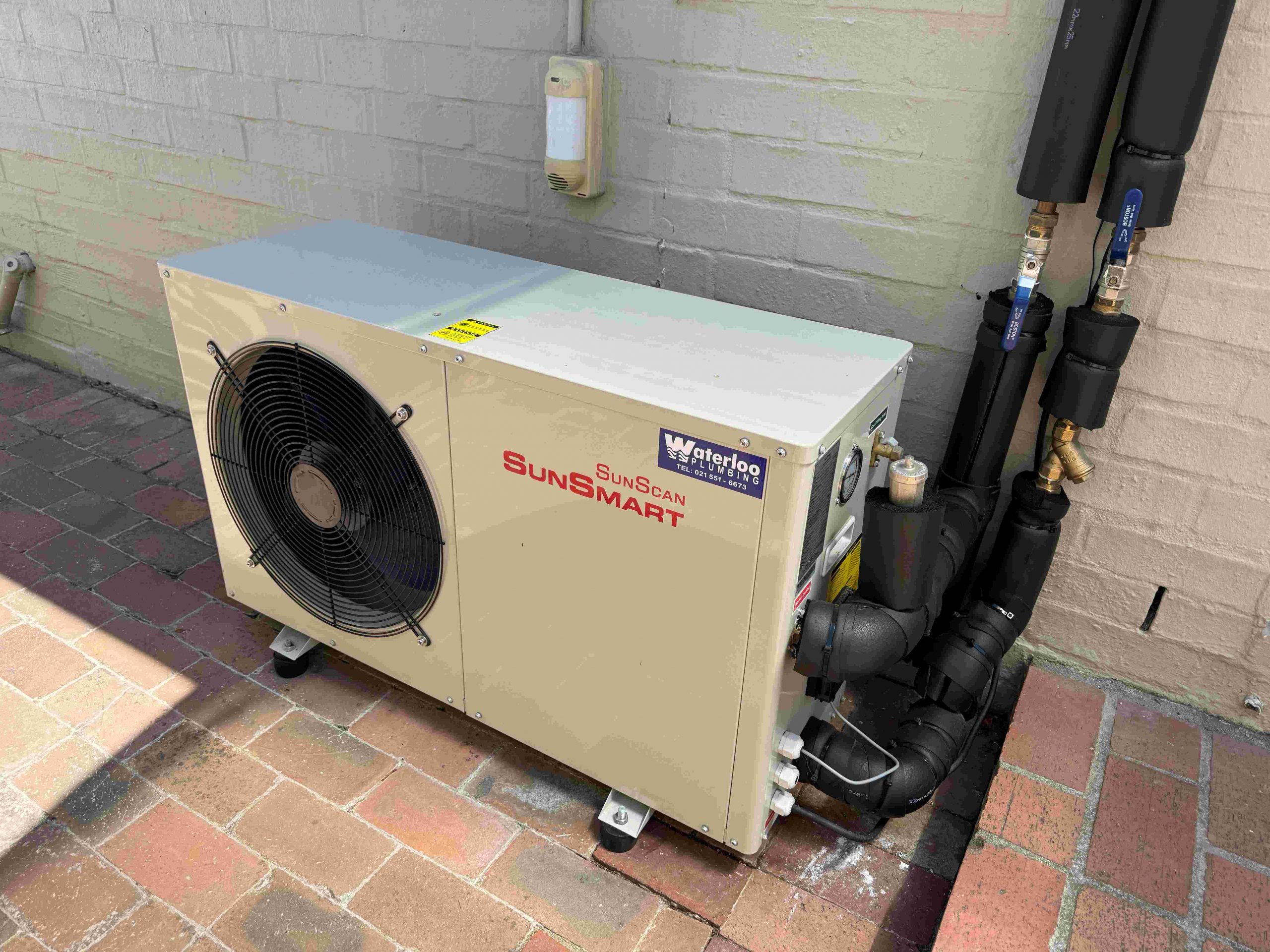
Heat Pumps
Heat pumps are a proven and reliable technology, capable of providing hot water quickly and efficiently. Combined with solar panels, a heat pump is also a great way to quickly and effectivly heat your pool or jacuzzi. The advantages of heat pumps over Solar Hot water are a continous and on virtually demand hot water supply, coupled with extremely low energy usage vs traditional geyser heating elements.
Request Free Quote
5kW Load-Shedding Backup System fully Installed from R60,000 Ex Vat.
5kW Hybrid Solar System fully installed from R100,000 Ex Vat.
